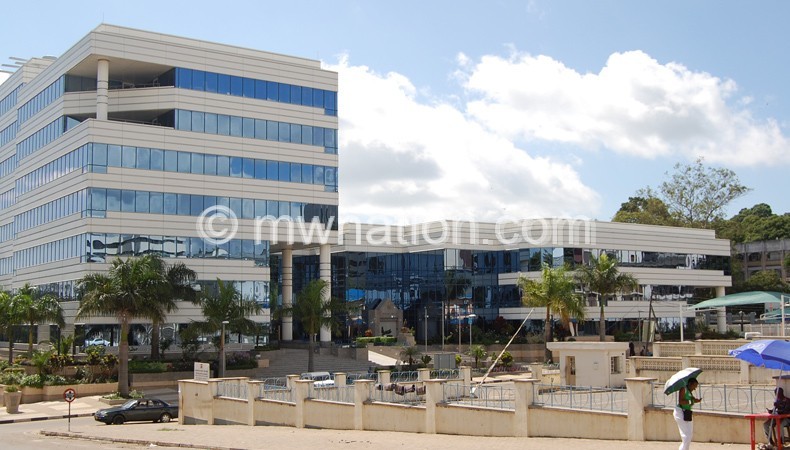RBM likely to cut bank rate—Nico Asset
Blantyre-based investment advisory firm Nico Asset Managers has said Reserve Bank of Malawi (RBM) may reduce the bank rate, or policy rate if inflation rate continues on downward spiral.
Inflation rate or the pace at which prices of goods and services change, fell three percentage points to 21.5 percent in January 2015, owing to a decrease in both food and non-food inflation.

Economic analysts also attribute continued fall of inflation rate to recent fuel price cut and the sustained appreciation of the local currency against major convertibles.
“The monetary policy rate may be adjusted downwards if the inflation rate reduces significantly,” says the firm in its February economic report.
RBM last revised upwards the policy rate in October 2014 to 25 percent from 22.5 percent.
The recent Monetary Policy Committee (MPC) of RBM held on February 4 also maintained the policy rate at 25 percent.
Bank rate is the rate at which commercial banks borrow money from the central bank and it is generally a key monetary policy tool used to stabilise the currency movement and manage high inflation rates, among other macroeconomic indicators.
RBM spokesperson MbaneNgwira yesterday said the central bank projects that inflation would fall to 15 percent by June 2015, which he said would be ideal for lowering interest rates.
“If you look at that projection, it translates that interest rate would be following such a trend and so we are monitoring the situation,” he said.
Currently, commercial banks’ base lending rates are ranging between 37 percent and 40 percent, but economic analysts contend that the rates are too high and are hampering private sector lending and constraining economic growth.
According to Nico Asset Managers, inflation is expected to continue falling on account of expected seasonal appreciation of the kwacha and low global oil prices.
“However, the late rains and the damage to crops caused by the heavy rains could have a negative impact on agricultural output which would add pressure to food inflation,” it said.
The firm quotes the Economist Intelligence Unit (EIU), which it says expects Malawi inflation to average 17.5 percent in 2015.
Commenting on the exchange rate, the firm said the rate is expected to continue appreciating as the tobacco marketing season approaches in April.
Overall, it projects that economic growth for 2015 would be between 4.4 percent and 6.0 percent supported by recovery in aid, expansion of agricultural subsidies, improved investor sentiment and innovations in the mining sector.





